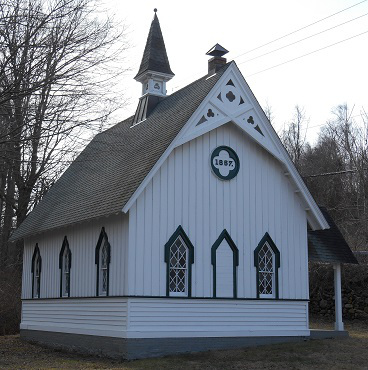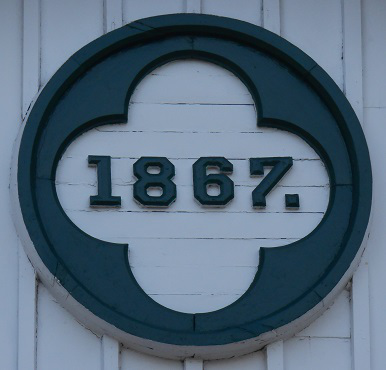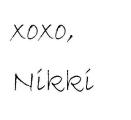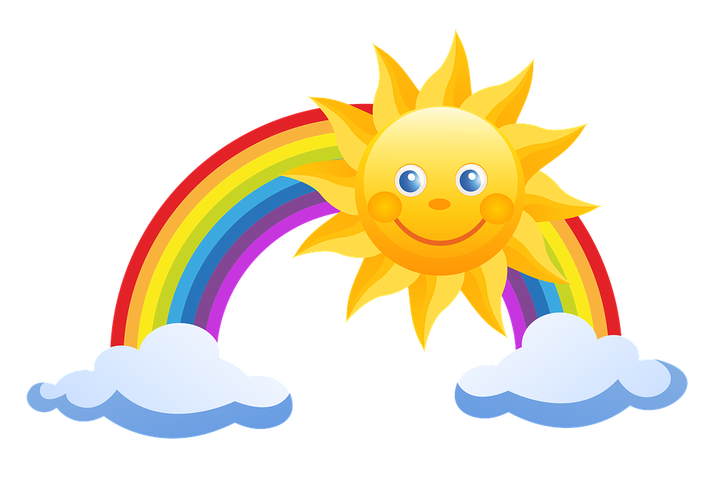Here are links to all posts in this project of reviewing and supplementing the splendid book
The Lexicographer’s Dilemma by Jack Lynch.
What does the rise of “proper” English have in common with a physics conundrum about gravity?
We name words by wrapping them in square brackets to avoid overloading more common conventions.
We add a new ISM to the familiar duo of attitudes toward English language usage: readabilism.
An insight into the difficulty of spelling reform has wide-ranging significance, far beyond spelling.
Ambiguity is almost always at least a little harmful to clear communication. It can be disastrous.
Careful punctuation helps avoid unwanted ambiguity.
Sometimes bad English is good English that’s good because it’s bad.
Apart from a concern about the examples on 2 late pages in the book, I could applaud those pages until my hands bleed.
Speech seems to get along w/o punctuation. (Not quite, as will be seen shortly.) As a classic Victor Borge routine illustrates, it would be ludicrous to add noises to speech that correspond directly to punctuation marks in writing (especially if the noises sound like farts).
On the other hand, speech has air quotes and other gestures. It has pauses and variations in pitch and loudness. Careful punctuation (including capitalization and font weight as well as little marks like [?] and [,]) conveys similar information in a different code. But not all punctuation is careful.
Suppose a biologist writes a book with some new contributions to evolutionary theory. The acknowledgements express gratitude to
my mentors, Darwin and Wallace
While this is ambiguous, knowing what else is in the acknowledgements (and whether the author studied in England when Darwin and Wallace were active) could hide the ambiguity by making one of the following interpretations much more plausible than the other:
The serial comma (AKA “Oxford comma”; AKA “Harvard comma”) before [ and] in #2 disambiguates the comma before [ Darwin]. Use it. Want to add a little more info about your mentors? Don’t use a comma at all. The closing parenthesis in #1 makes it clear where the added info ends. Let the reader get mental exercise by grappling with the book’s ideas rather than its syntax.
The serial comma is not really needed when [red, white, and blue] describes the US flag’s colors. It does no harm, and there are better uses for the energy expended in deciding whether it is needed.
The ambiguity of the biologist’s acknowledgement appears in a language joke cited by Lynch; the imaginary author expresses gratitude to
my parents, God and Ayn Rand
and we laugh at the nuttiness of the #1 interpretation. The correctness of the #2 interpretation is so obvious that it is all too easy to dismiss careful punctuation as mere fussiness. It ain’t.
Lynch has little to say about punctuation beyond mildly endorsing the serial comma where needed and hinting that punctuation does not matter much. He remarks that Eats, Shoots & Leaves: The Zero Tolerance Approach to Punctuation by Lynne Truss is amusing and informative. He notes that the pretentious subtitle is “wrong” by some standards (because it has no hyphen between [Zero] and [Tolerance]) that are merely parochial conventions of publishers. I agree with what Lynch says about Truss’s book, but there is more to be said.
Unlike many prescriptivists (and that unfortunate subtitle), Truss really cares about readability and is usually good-humored, as in
Sticklers unite, your have nothing to lose but your sense of proportion, and arguably you didn’t have a lot of that to begin with.
She is also mellow about “matters of style and preference that are definitely not set in stone” (such as whether I should refer to her book as [Truss’ book] or [Truss’s book]). The next example also says a little more about her book.
The rogue comma in Truss’s title comes from a joke on the back cover, not an actual instance of somebody saying something loony because they sprinkle punctuation marks as mindlessly as inept cooks sprinkle chili pepper flakes. A much more concise version of the joke is posted in Eric Wong’s blog as a to-do list with a line that reads
Throw baby, shower
(People who throw babies on hot humid days can work up a sweat, so showering soon afterwards would be a good idea.) A strength of Truss’s book is that it is not limited to jokes; it has some real examples of such mindlessness and its ill effects. Consider a newspaper quote that appears on page 98 (hardcover):
The society decided not to prosecute the owners of the Windsor Safari Park, where animals, have allegedly been fed live to snakes and lions, on legal advice.
Did the lawyer advise the society (not to prosecute) or the park (to feed live animals to snakes and lions)? The rogue comma makes the quote even more obscure than it would otherwise be. A readable formulation of what I presume was intended would be
On legal advice, the society decided not to prosecute the owners of the Windsor Safari Park, where animals have allegedly been fed live to snakes and lions.
Mindless sprinkling is not new. Consider an 1867 church near where I live. The church has a plaque with its date. Fair enough. From a distance, it appears that there is something like a swallows’ nest adhering to the plaque. Let’s zoom in. Hmmm. Somebody went to the trouble of carving and painting a pointless period to go after the year.


I have a book (with pictures of scenic places in Scotland) that was produced during a severe comma shortage in the UK. In particular, it has a comma-deprived caption that says
Attractively set by the River Tweed in the heart of the Tweedale Hills Peebles is justifiably proud of its reputation as a haven for sportsmen.
It was clear that [the Tweedale Hills Peebles is] means the same as either [the Tweedale Hills, Peebles is] or [the Tweedale, Hills Peebles is], with the former seeming more likely. But I could not be sure. Maybe the Tweedale is a region that includes the river. Maybe Hills Peebles is a town in the heart of this region. The book describes a town named [Peebles] elsewhere, so I gather that Peebles is indeed a town in the Tweedale Hills.
People who know Scottish place names could resolve the ambiguity quickly and easily, perhaps w/o even noticing that there is an ambiguity. But I noticed and was a little annoyed. I would have been greatly annoyed if I had really cared about resolving the ambiguity correctly.
A hilarious example of missing commas on a magazine cover is well-known, but the commas on the real cover were photoshopped away in a hoax/joke/prank that went viral. Comparisons of the real and fake covers can be found here and here; the real cover does not say that Rachel Ray cooks her family and her dog.
I would like to update this post with a funny but real example of missing commas. Maybe not so funny as the fake magazine cover, but funnier than [Hills Peebles] as the name of a town. Any suggestions?
Advertisements Share this:





